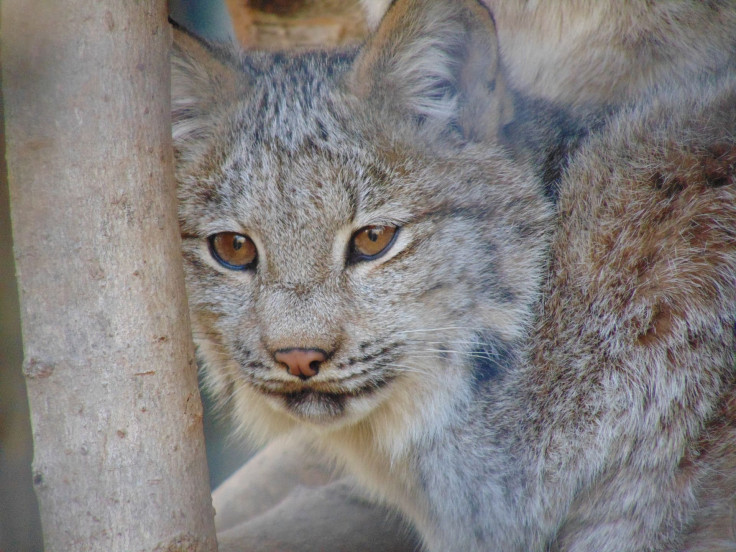Rare Black Canada Lynx Captured On Camera For The Very First Time [Watch]
KEY POINTS
- The video captured in Yukon, Canada, in 2020 was posted Thursday on Youtube
- The Canada lynx caught on camera has an unusual black coat of fur
- It was a melanistic Canada lynx, a rarity in the wild
The rare black Canada lynx was caught on camera and it is the first known footage of the animal to be released.
The video was captured near the town of Whitehorse by Thomas Jung, a wildlife biologist from the Department of Environment in Yukon, Canada. On realizing he was witness to a rare occurrence, Jung quickly took out his smartphone and managed to capture the feline on camera. The findings were shared in a report published in the journal Mammalia.
The presence of a Canada lynx (Lynx canadensis) in itself is not a rare find, but the one caught on camera has an unusual coat color. Normally, the Canada lynx has silvery gray fur in the winter and a darker, reddish-brown coat during the summer months.
The peculiar black coat of the lynx captured on camera suggests that it was a melanistic Canada lynx, a rarity in the wild.
"There are only a small number of records of coat color polymorphisms in the genus Lynx," Jung wrote in his research paper.
Paying attention to color ranges in a mammalian population is of prime importance as it sheds light on the impact on a particular species due to changes in the environment.
"The adaptive significance of melanism in lynx is unknown, but the loss of camouflage when hunting during winter is likely maladaptive," Jung added.
In other words, the black fur on the Canada lynx makes it more conspicuous and thus, harder for the animal to camouflage in the wild. This has a direct bearing on its ability to hunt prey like the snowshoe hare (Lepus americanus).
The hindrance in hunting might be the reason behind the dwindling numbers of black Canada lynx in the wild, Jung speculated.
"Indeed, with increased competition by coyotes (Canis latrans) a concern for Canada lynx encountering increasingly shallow snow as a result of climate change, the added disadvantage of lost camouflage to melanistic lynx hunting hares during winter would likely result in melanism being maladaptive," Jung explained.
The animal was spotted by Jung on October 29, 2020. Despite the poor quality of the shaky and pixelated footage, experts have confirmed that the animal is indeed a black Canada lynx.
"It had a black coat containing whitish gray guard hairs throughout, as well as whitish-gray hairs in the facial ruff and the rostrum and dorsal regions," Jung observed.
The video was taken at a distance of around 50 meters (roughly 160 feet). The lynx did not seem bothered by the presence of humans nearby. Also, in the 30-second video, a dog can be heard barking, which might have been the reason for the disappearance of the Canada lynx from the scene.

© Copyright IBTimes 2024. All rights reserved.





















